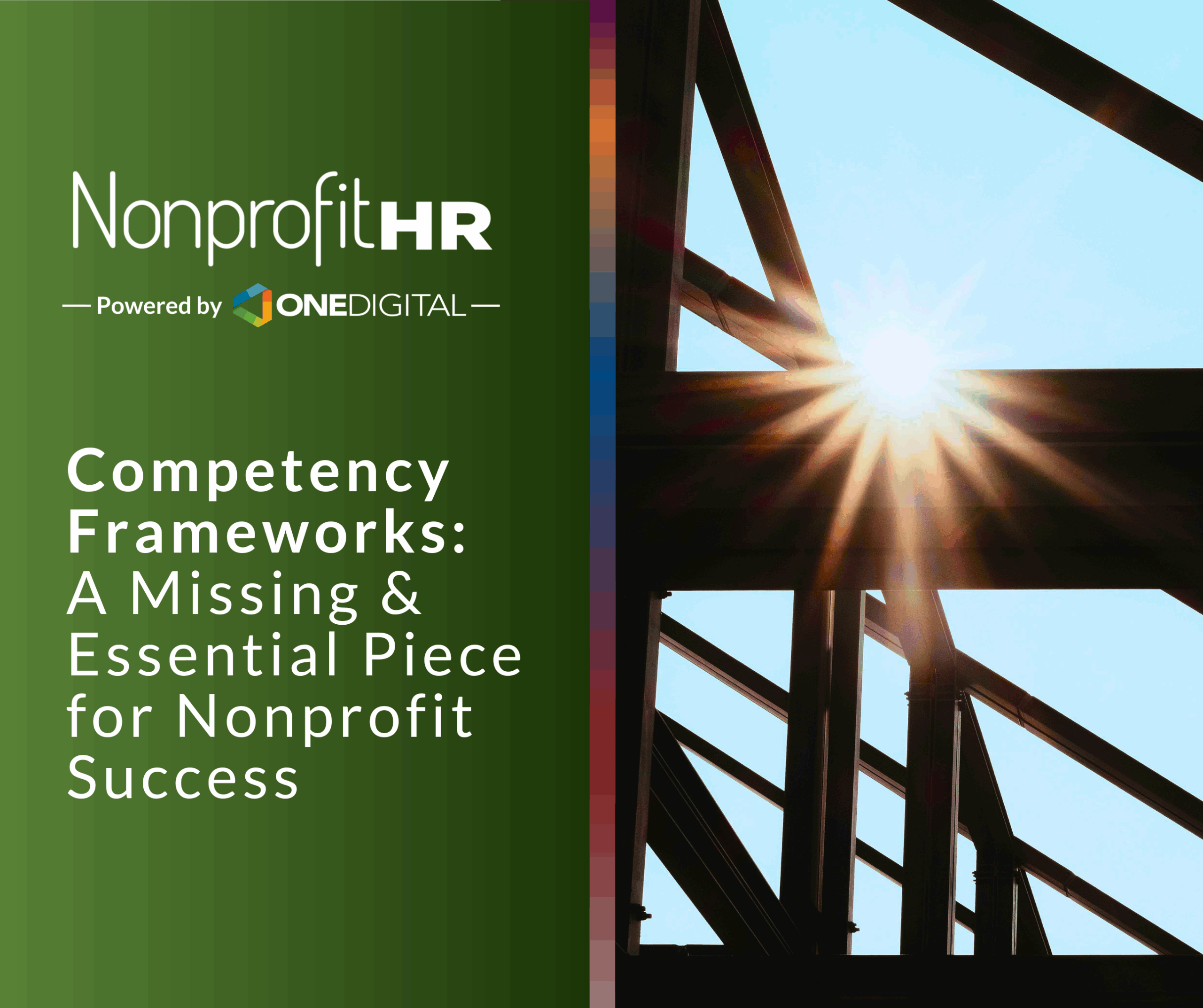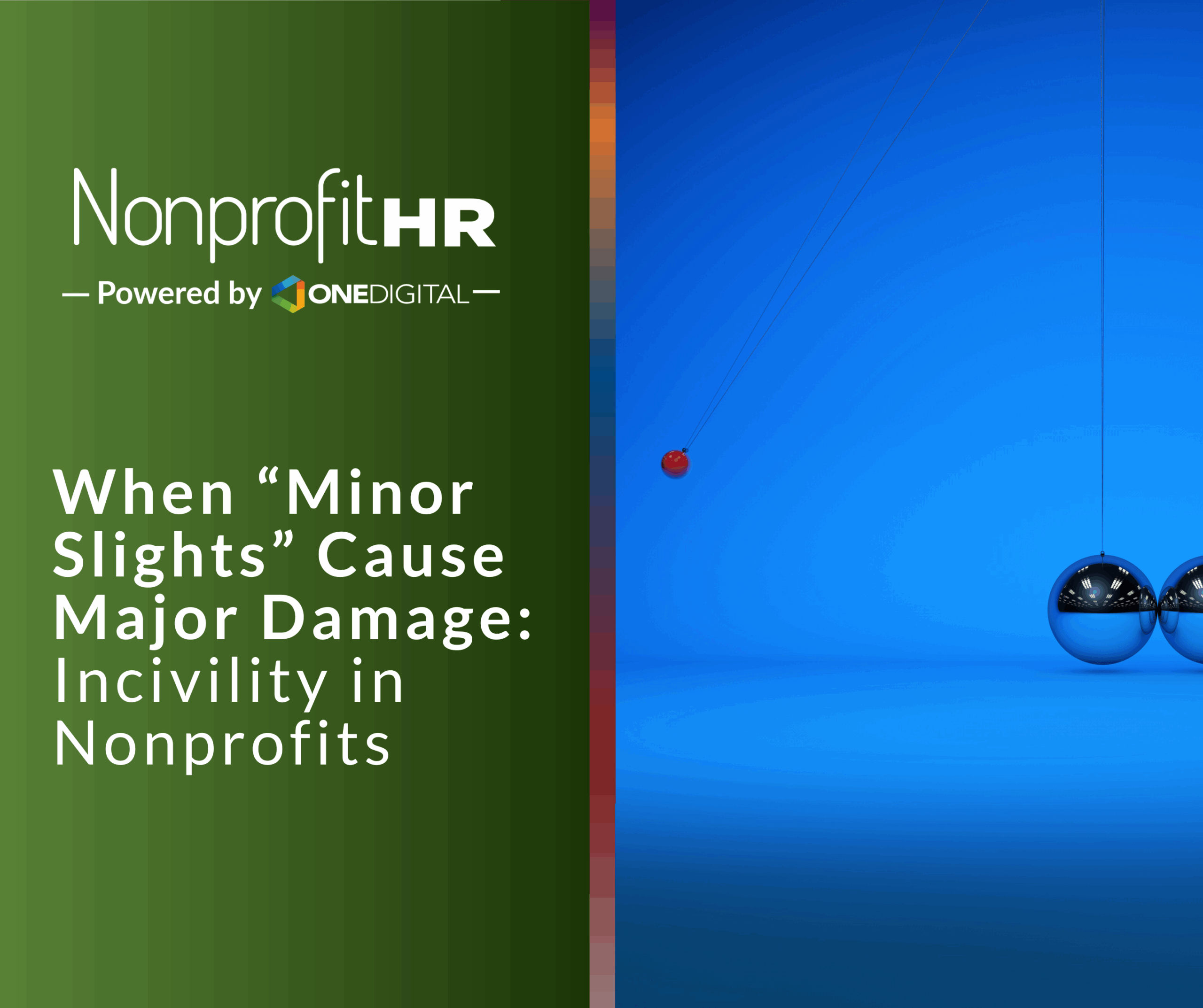WTOP: 5 ways nonprofits can…
By Leslie Walbridge
In two underreported decisions this week, the US Supreme Court has made it more difficult for employees to mount and win cases against workplace harassment or discrimination. Warren Richey of The Christian Science Monitor reported the following:
“In a pair of 5-to-4 decisions, the justices embraced a narrow definition of who qualifies as a supervisor for purposes of federal discrimination law, and the court endorsed a tough standard in cases where a worker claims to be the victim of retaliation after complaining of unlawful discrimination.”
The first case, University of Texas Southwestern Center v. Nassar, addressed workplace discrimination. The decision handed down on Monday “makes it much more difficult for a victim of discrimination to prove that he was retaliated against for voicing a complaint about it,” says Bryce Covert in ThinkProgress. Previously, an employer could have been liable if racism, sexism or other discrimination was one of numerous factors in retaliation against an employee. Now, the victim must show that discrimination was the only motivating factor.
In the harassment case, Vance v. Ball State University, the Court decided to redefine a “supervisor” as someone with “the power to hire, fire, or promote the employee.” Therefore, employers may be incentivized to edit formal job descriptions to avoid liability for employees in oversight positions who tend to harass those they oversee.
In her dissent on both cases, the Honorable Justice Ruth Bader Ginsburg passed the ball to Congress, calling for new legislation to close these loopholes. Covert cited Michelle Caiola of Legal Momentum: “This sort of corrective action usually ‘happens eventually, but it doesn’t always happen quickly.’” However, public outrage can make a big difference in the speed of these decisions. In 2009, Congress succumbed to public pressure and turned the Ledbetter v Goodyear Tire and Rubber Co. decision into the Lilly Ledbetter Fair Pay Act of 2009.





























